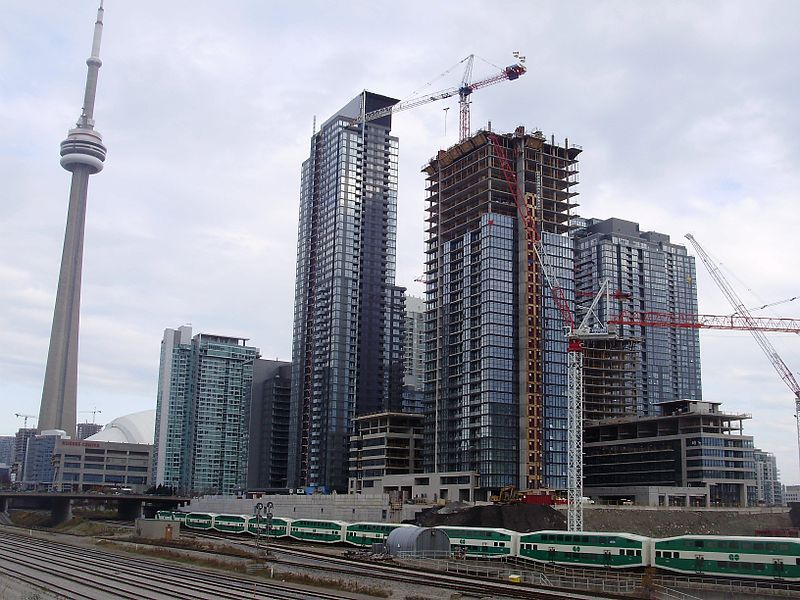It’s a great way to invest in housing when one decides to buy a pre-construction property. But there are things that you need to know before you make the purchase decision.
Read on and you shall find!
In many cases, pre-construction purchases require you to have at least a 20% down payment. The full payment is broken up into smaller installments and made into what is referred to as the deposit structure.
For example
$5000 upon signing
5% in 90 days
5% in 120 days
5% in 360 days
And the remaining balance in 540 days or upon occupancy
Post-dated cheques are often required to be provided to the builder up-front and are withdrawn as per an outlined schedule. The incremental deposit structure is often timed with phases of construction and the timeline of the project. Keep in mind, you will need to be prepared to pay certain builder closing costs, which we will cover in a later section.
Reviewing the agreement
The Cooling off Period
After you have secured your unit and put a deposit down on a pre-construction home, you will be given 10 days to reconsider and review your decision. Often referred to as a “cooling off” period, you can take the time to get your finances in order and make sure you are ready to go ahead with the purchase. You can also have your Agreement of Purchase and Sale reviewed by your real estate lawyer during this time.
During this period, your condo will be on hold under your name for the full 10 days. In the event you decide to withdraw, you’ll receive your deposit back with no penalties.
Preparing for Closing
Closing Costs
Closing costs are additional expenses that you will incur closer to the time of closing. These costs may include legal fees, land transfer tax, and CMHC insurance.
It is recommended that most buyers prepare to budget and save another 1.5 – 4% of the purchase price of their homes, in order to cover their closing costs.
When you buy a new home, you may be subject to some additional fees as well, including the following:
- Development and educational levies ($5,000 to $10,000)
- Tarrion Warranty Plan enrollment fee ($1,000-$1,200)\
- Utility hook-up fees ($150-$500)
- Assignment fees (if you sell before final closing, or flip your unit) ($5,000 to
$10,000)
- Occupancy fees
Note: These fees vary depending on the developer and location of project.
Your sales representative can assist in eliminating or reducing closing costs to reduce assignment fees or cap development levies.
Your representative can also negotiate additional incentives which may include a parking space, storage locker, upgraded appliances or finishes and that is why it is highly imperative to have a good realtor with you.
The final Stretch
Interim Occupancy and Final Occupancy
There are two important dates and stages during the closing process, the Interim Occupancy stage and the Final Closing stage.
During the Interim Occupancy, you should be prepared to make any outstanding deposits and occupancy fee payments. It is important to remember that during the Interim Occupancy period you still do not own your condo since ownership of the condo has not been transferred to you from your builder/developer.
With this in mind, occupancy fees are similar to rent payments, where the builder is allowing you to take possession of your new home without being the actual owner yet. These payments will not be applied to the mortgage of your home.
During Interim Occupancy, it is important to finalize your mortgage and meet with your lawyer to ensure everything is in place to prepare for final closing.
Upon Final Registration date, you will meet again with your lawyer to sign off on the documents to officially transfer ownership of your condo from your builder/developer to you. At this point, your mortgage will begin, and your lawyer will be able to explain to you all of the outstanding costs that you will be responsible to payto finalize this purchase.
Once you have signed all of these documents and paid any and all outstanding fees, congratulations, you are officially a homeowner!

